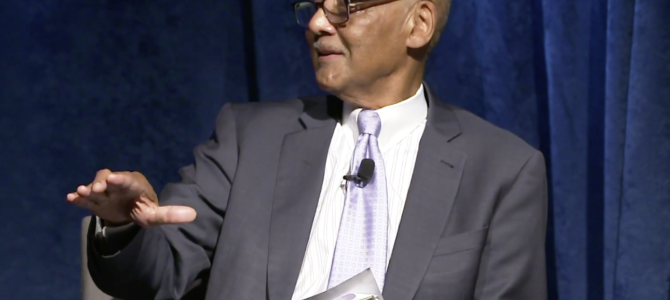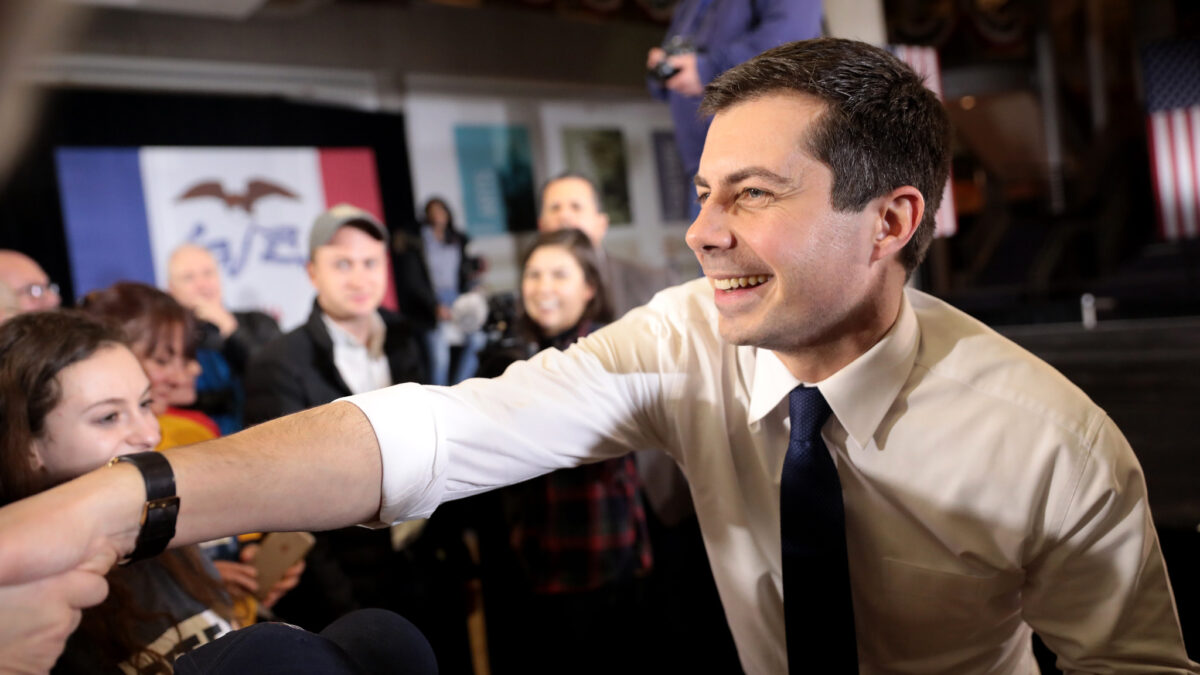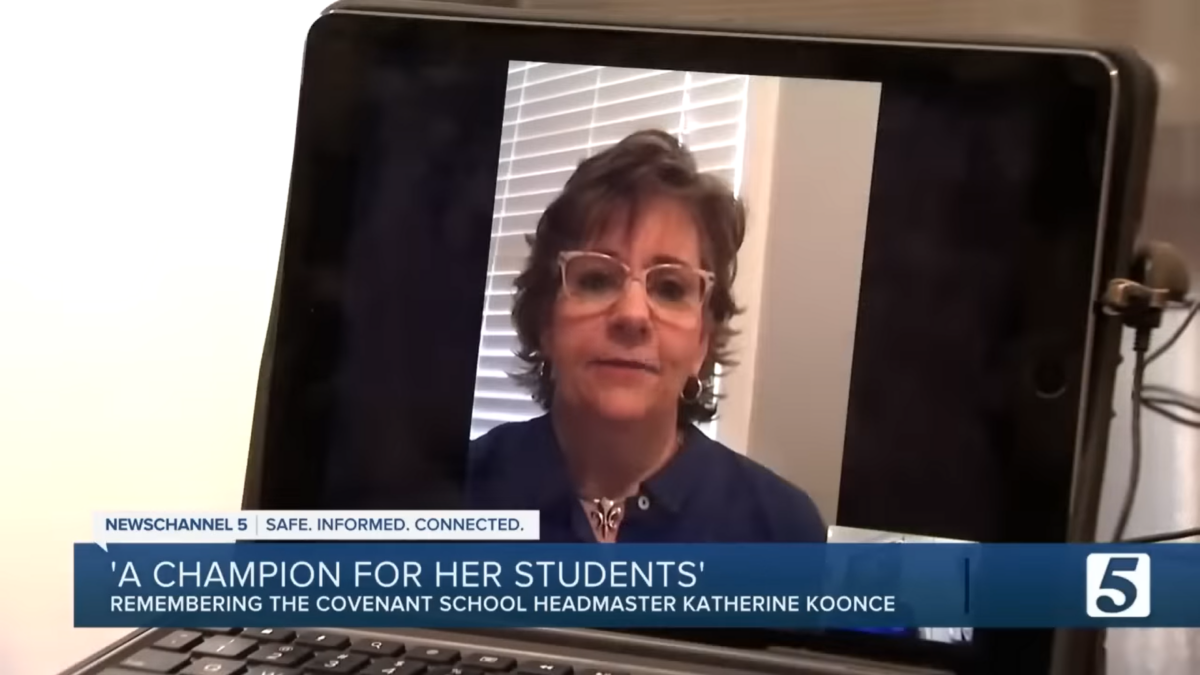After decades of service to his country, civil rights veteran, writer, and president of The Woodson Center Robert “Bob” L. Woodson Sr. announced on Thursday that he’s retiring. Woodson made the announcement at the end of his organization’s 40th anniversary celebration in the nation’s capital.
At 84 years old, Woodson has dedicated his life to civil rights activism. In 1981, he founded The Woodson Center as the Center for Neighborhood Enterprise. A Thursday press release from his organization notes that Woodson founded this organization “with the conviction that grassroots leaders h[o]ld the key to solving problems of low-income communities.”
Citing Dr. Martin Luther King Jr., Woodson said on Thursday that, “It’s not enough to have opportunity. You must be prepared to walk through the doors of opportunity.” “So The Woodson Center was established …to assist low-income leaders to walk through the doors of opportunity by preparing themselves,” he explained.
In the four decades since its founding, the center, “has worked …to empower indigenous leaders in troubled neighborhoods to address issues in their communities through initiatives that increase public safety, spur upward mobility, and inspire racial harmony in America,” a press release said.
Woodson began his career in the 1960s as a civil rights activist and community development social worker in Philadelphia and West Chester, Pennsylvania, as well as in Boston, Massachusetts. In the early 1970s, he worked at the National Urban League Department of Criminal Justice before serving as resident fellow at the American Enterprise Institute for Public Policy Research.
Woodson soon realized that his vision for change didn’t match that of his colleagues. So he created the center to change the way Americans confront the struggles of low-income communities.
“I realized I was in the wrong struggle, and the civil rights movement was beginning to morph into a race-grievance industry,” he said. “And then the poverty programs came along, where they spent 22 trillion dollars with 70 cents going, not to the poor, but to those who served the poor. They asked which problems are fundable, not which ones are solvable,” Woodson reflected. “And so I realized that …I’m in the wrong struggle, that I need to be reaching out and helping poor people of all races who are locked out.”
Community organizers, leaders, and civil rights activists gathered at Thursday’s celebration on Woodson’s behalf, in order to tell stories of how Woodson improved their lives and the lives of their neighbors. They thanked Woodson and his organization profusely for their contributions to this country.
But while the rhetoric was celebratory, attendees were careful to emphasize that there’s still a lot of work to do. Woodson himself said, “Right now, with the tribal warfare that’s going on and the emphasis on race, America doesn’t have a race problem. It has a grace problem. …A grace problem that can only be served by going into these communities and equipping and empowering those who have [the] most to gain from being empowered.”
“We have an upward mobility problem,” Woodson said. “And therefore the purpose of the center is to deracialize race and to desegregate poverty.”
Woodson may be retiring, but his organization will continue to expand. “In addition to continuing its long-standing grassroots alliances, Violence-Free Zones, and anti-poverty Community Affiliate Network, The Woodson Center has launched the 1776 Unites and Voices of Black Mothers United over the last year to address the distinct public safety and racial crisis facing American civic life in the 21st century,” the press release noted. In particular, 1776 Unites is self-described as a “radically pragmatic and unapologetically patriotic” response to the New York Times’s race-focused 1619 Project.
Meanwhile, Woodson “will continue serving as president emeritus, working with the new president to carry out the organization’s mission in new innovative ways, while imparting The Woodson’s Center’s principles to the next generation.”
“You retire from a job … [but y]ou graduate from a calling. So I’m not really leaving, but I’m stepping aside to make way for more …I want the center to go on for another forty years,” Woodson emphasized.
Starting this fall, the organization’s board of directors will search for the organization’s next president, with tentative plans to announce Woodson’s successor in 2022.









